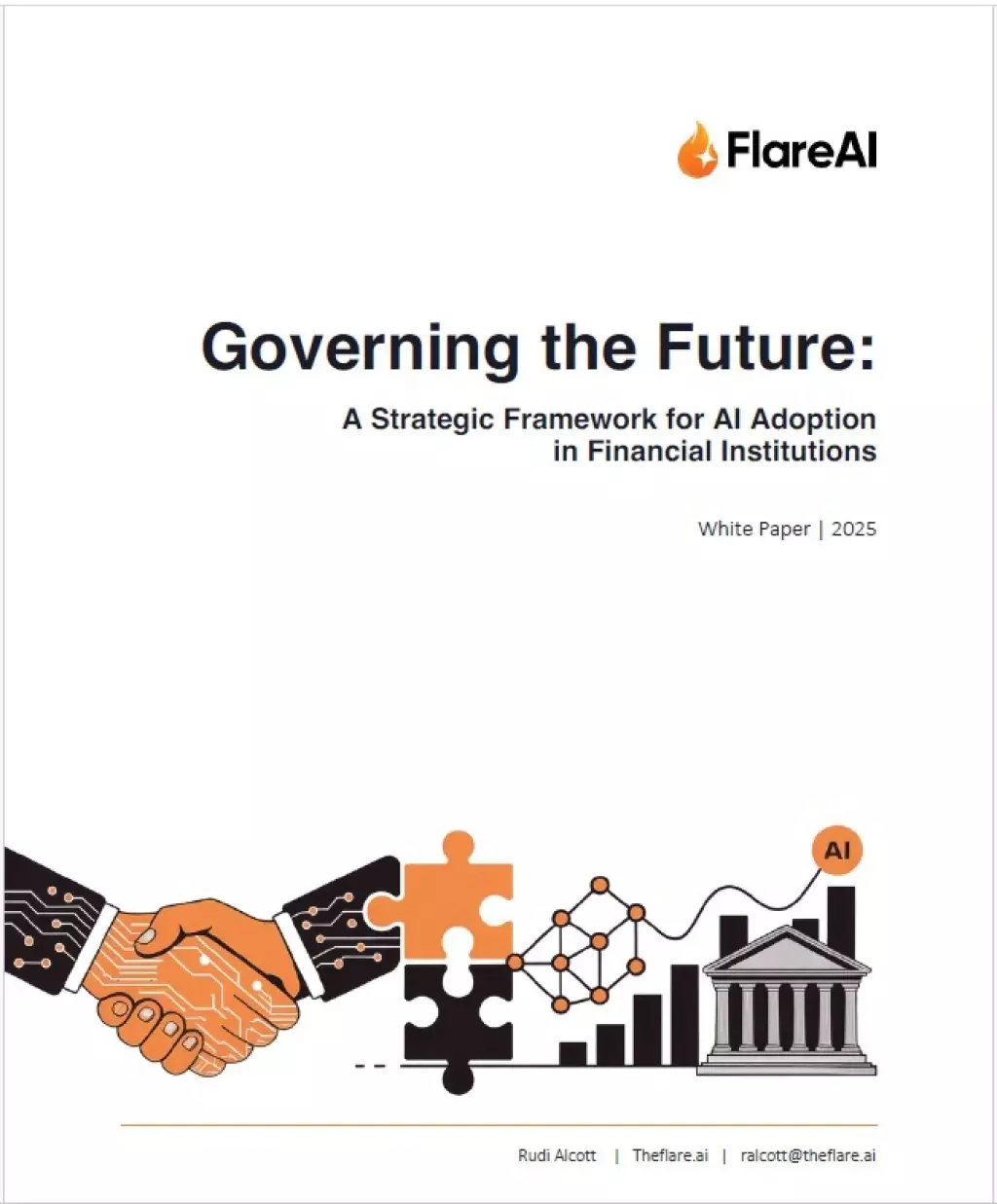AI Model Revolutionizes Anticoagulation Decisions for Atrial Fibrillation
Researchers at the Icahn School of Medicine at Mount Sinai have developed an artificial intelligence model that offers personalized treatment recommendations for patients with atrial fibrillation (AF). This model assists clinicians in deciding whether to prescribe anticoagulants, commonly known as blood thinners, to prevent strokes, which is the standard treatment for AF patients.
The AI model analyzes a patient's entire electronic health record to weigh the risk of stroke against the risk of major bleeding, providing individualized treatment recommendations. This approach contrasts with current practices that rely on population-based risk scores, offering a more tailored decision-making process.
In a study involving 1.8 million patients, the model recommended against anticoagulant treatment for up to half of the AF patients who would have otherwise received it under standard guidelines. This could significantly impact global health by reducing unnecessary treatments and associated risks.
The model's performance was validated internally within the Mount Sinai Health System and externally using datasets from Stanford, demonstrating its potential to revolutionize clinical decision-making for AF patients by minimizing stroke and bleeding events.
We hope you enjoyed this article.
Consider subscribing to one of our newsletters like Life AI Weekly or Daily AI Brief.
Also, consider following us on social media:
More from: Life Sciences
Subscribe to Life AI Weekly
Weekly coverage of AI applications in healthcare, drug development, biotechnology research, and genomics breakthroughs.
Whitepaper
Governing the Future: A Strategic Framework for AI Adoption in Financial Institutions
This whitepaper explores the transformative impact of artificial intelligence on the financial industry, focusing on the governance challenges and regulatory demands faced by banks. It provides a strategic framework for AI adoption, emphasizing the importance of a unified AI approach to streamline compliance and reduce operational costs. The document offers actionable insights and expert recommendations for banks with fewer than 2,000 employees to become leaders in compliant, customer-centric AI.
Read more
